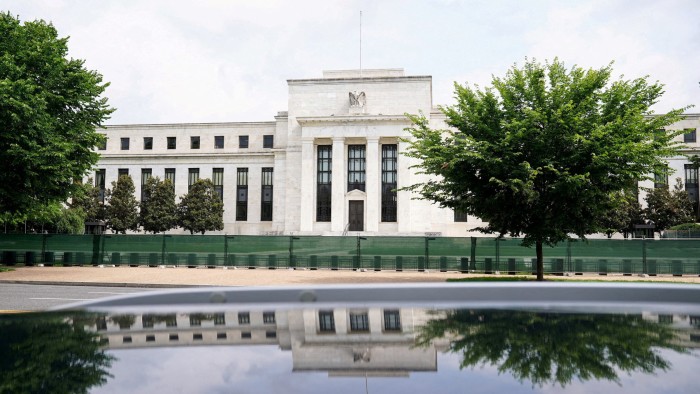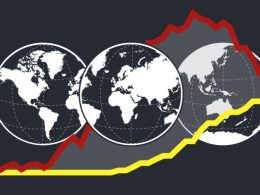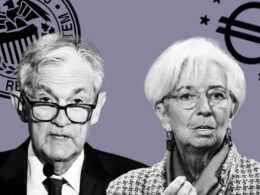Stay informed with free updates
Simply sign up to the US inflation myFT Digest — delivered directly to your inbox.
The majority of US Federal Reserve officials warned at its June meeting that Donald Trump’s tariffs would have “persistent effects” on inflation amid a growing schism over when to cut rates.
Minutes from the Federal Open Market Committee’s meeting on June 17-18 showed that while some rate setters believed the levies would trigger a one-off price increase, most were more worried about the longer-term impact.
“While a few participants note that tariffs would lead to a one-time increase in prices and would not affect longer-term inflation expectations, most participants noted the risk that tariffs could have more persistent effects on inflation,” according to minutes released on Wednesday.
“Some participants observed that because inflation has been elevated for some time there was a heightened risk of longer-term inflation expectations becoming unanchored if there is a long-lasting rise in inflation.”
The meeting came amid a growing schism at the US central bank over when to lower borrowing costs, with officials divided over how many cuts to make for the rest of the year.
At the meeting, 10 members expected two or more quarter-point cuts by the end of the year, while seven forecast no cuts and two anticipated just one.
The Fed cut rates by 1 percentage point last year but has been on pause since December, with the committee’s “hawks” preferring to wait to see how Trump’s tariffs affected inflation before taking action. Its “doves” are keen to lower borrowing costs to offset any softening in economic growth.
Following the meeting, two committee members said cuts should be made as soon as this month. Michelle Bowman, vice-chair for financial supervision, and governor Christopher Waller argued that fears over the inflationary impact of the trade war were overblown.
Fed chair Jay Powell has faced relentless pressure from the president to slash borrowing costs. Earlier on Wednesday Trump wrote on his Truth Social platform that the rate was “AT LEAST 3 Points too high”.
“‘Too Late’ is costing the U.S. 360 Billion Dollars a Point, PER YEAR, in refinancing costs,” he added, using a nickname he has given to Powell. The Fed chair has insisted any decision to cut will be guided by economic data.
After the meeting Powell told a congressional hearing he would not support a reduction before the autumn. He later appeared to walk back those comments, saying last week that a July cut was not “off the table”.
Stronger than expected June employment data released in the wake of the meeting has prompted traders to dial back bets on a near-term rate cut. But some analysts warned the headline figure masked weak private sector hiring. Inflation data is due out next week.
Source link









